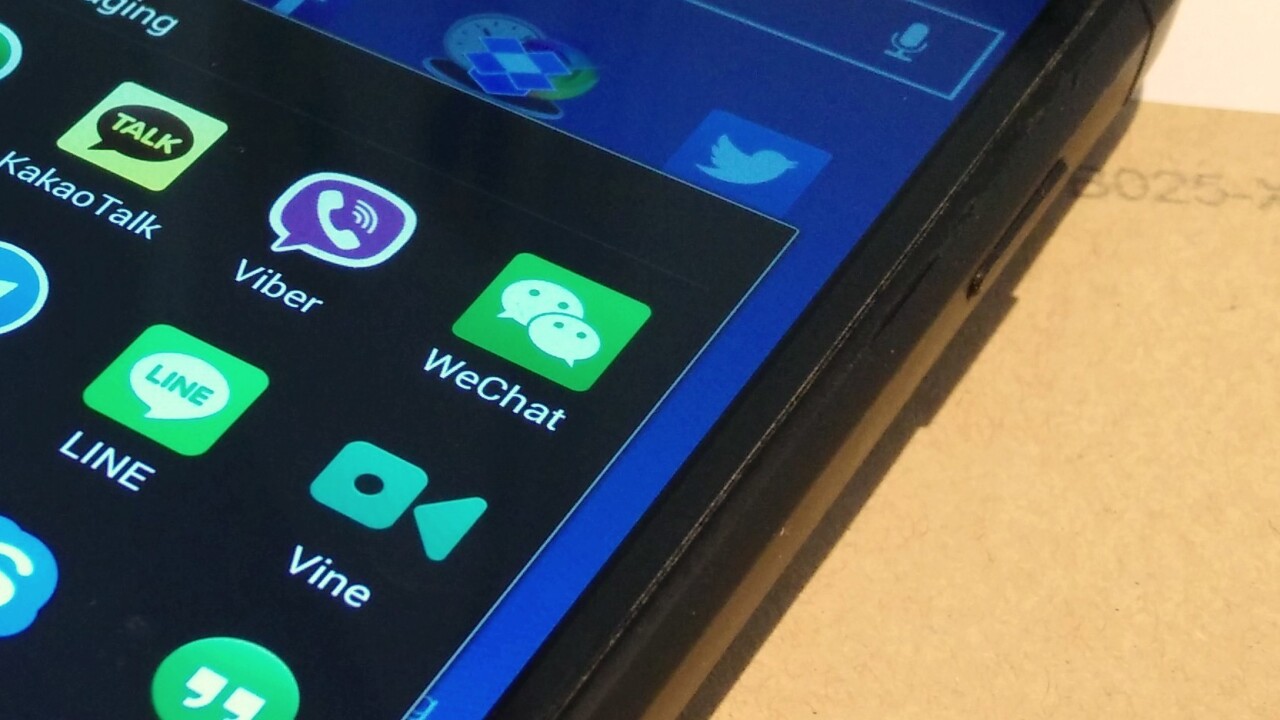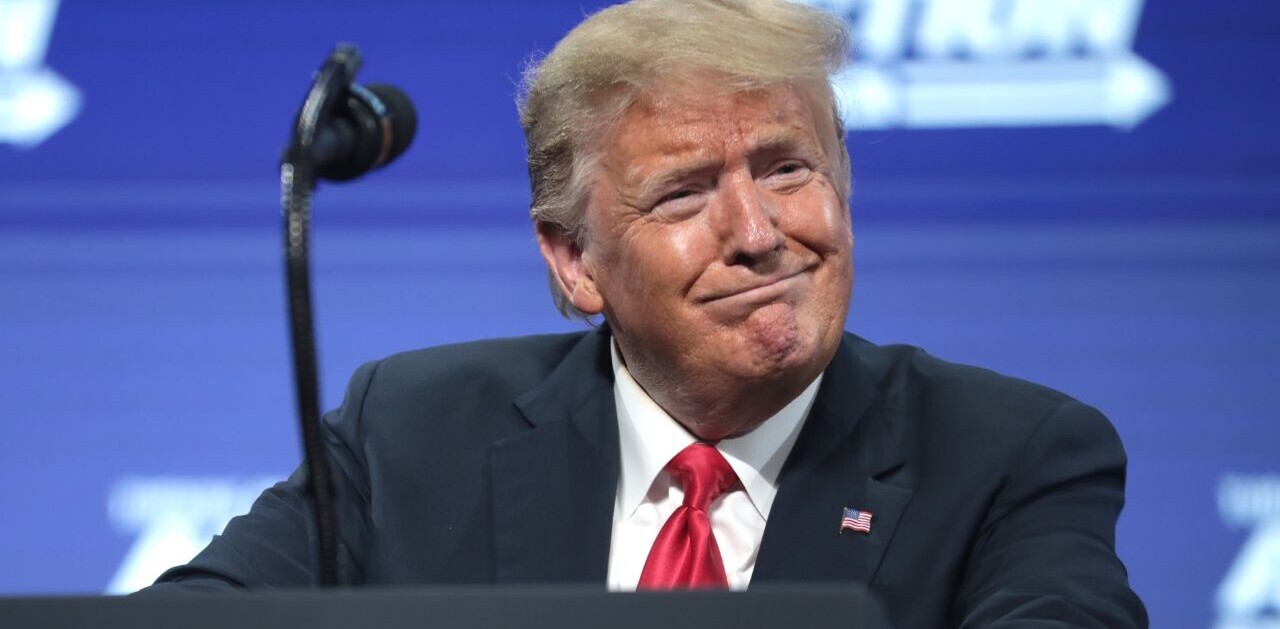
The Indian government is reportedly planning to build its own WhatsApp-like chat platform to facilitate secure communications for government agencies, according to news outlet Economic Times.
The move is meant to reduce the country’s reliance on US technology companies, and ensure that all communication and data transmitted over the service will be stored locally in the country.
This also includes email services like Gmail, which have become the de facto means for official communication.
“We need to make our communication insular,” an unnnamed official was quoted as saying in the report. “We should have email, messaging, all sorts of systems, at least for government communication, which doesn’t depend on outside players.”
The official also said that the US’ decision to add Chinese electronics giant Huawei on the entity list “set alarm bells ringing in New Delhi.”
“Tomorrow, if the US finds us unreliable for some reason, all they need to do is ask their companies to slow down networks in India and everything here will come to a standstill. We are vulnerable and we must take steps to cover that,” the official said.
India’s decision to move away from popular apps is not the first time a country has restricted the usage of apps developed by foreign players.
France launched its own secure government-only chat app called Tchap earlier this April. The app — based on open-source messaging client Riot, and available for Android, iOS, and the web — encrypts private conversations end-to-end, screens all attachments using antivirus software, and stores all data generated by the platform in data centers located within the country.
With Facebook-owned WhatsApp becoming the most ubiquitous means of communication in India, the government has repeatedly sought backdoor access to the app to monitor the platform for misinformation and hate speech.
WhatsApp, however, hasn’t agreed to its demands, saying it would undermine the privacy of its users.
Viewed in that light, it makes sense that India wants step up its efforts to localize data and step away from major digital platforms like Gmail and WhatsApp. But it remains to be seen if these efforts will come to fruition.
Get the TNW newsletter
Get the most important tech news in your inbox each week.





